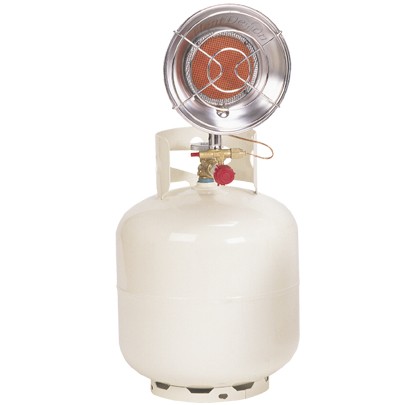How to Heat with Propane

Propane is becoming a popular domestic fuel, with more and more people opting for it to heat their house. There are a many benefits of using propane for heating instead of some other fuel or electricity. One of the biggest benefits is that propane heating results in the reduction of cost of heating. It is also far more eco-friendly as compared to fossil-based fuels. In areas where there is no connection with the power grid, propane can be used to run non-electric appliances.
If you are giving a serious consideration to getting a propane heating system installed in your house, then there are certain things that you will need to do in order to ensure that the decision you make is correct and safe.
Instructions
-
1
The first thing that you need to do before moving to the propane heating system is to do a bit of research on propane with the aim of learning about it. There are a number of things that you will have to look, such as the cost of its installation, its effectiveness, safety risks that are involved, etc. You can either use the Internet to read and consequently learn about propane, or you can get the necessary information from the local dealers.
-
2
After you have done your research and are convinced that converting to propane heat system is exactly what you want, get in touch with one or more HVAC (heating, ventilation and air conditioning) contractors and request them to come over to your house to inspect your current system and if it is viable and feasible to convert to propane heat. It is always a good idea to have the inspection done by more than one HVAC contractor, as it will get you a more accurate assessment and help you decide how you want to proceed.
-
3
Get an idea about the cost of converting to propane heat, or installing it at your home from the HVAC contractors or propane dealers in your area. The cost of converting is sure to be a bit more expensive, since the contractors and dealers will also be including the cost of removing and disposing of the existing heating system components. Again, get an estimate of the cost from more than just one HVAC contractor or propane dealer.
-
4
Get the HVAC contractors to take a look at your yard in order to determine the most appropriate place for placing the propane tank. Even though safety codes differ from each other from area to area, they all agree on placing the propane tank a safe distance away from the building. Propane tank can also be buried in the ground, though not every propane dealer offers to do this.
-
5
Have the HVAC installer educate you and the rest of your family members on safety, detection of propane leak and necessary steps that should be taken in case a leak is detected or even suspected.







